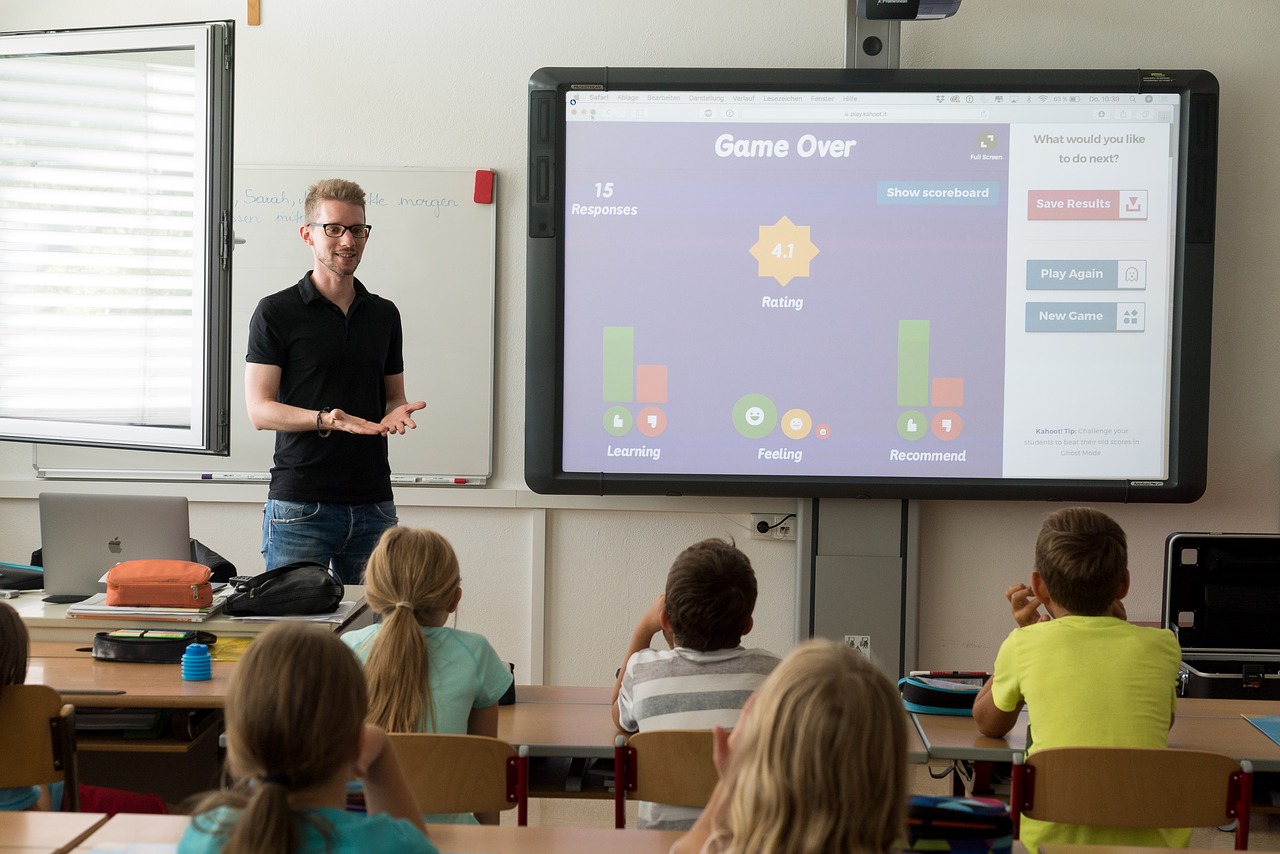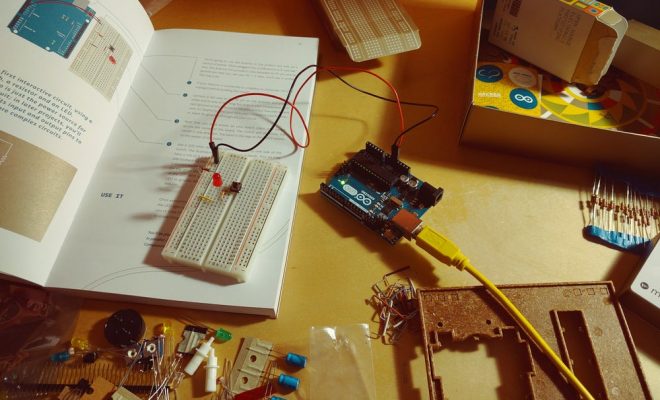15 Life Skills Every Teen Should Learn
Learning life skills helps teens develop the necessary social-emotional learning (SEL) abilities and independence. We’ve compiled the best life skills contributing to developing the top five key SEL competencies experts recommend! In the 15 life skills we’ve compiled below, look for self-awareness, social awareness, ego, responsible decision-making, and the capacity to form relationships:
life lesson #1: How to do laundry
What to teach: Learn the fundamentals, such as how to read labels and classify colors. Why should some clothing articles be washed differently? Don’t forget to instruct teenagers on how to use the washer and dryer. How does the timing operate, and what purpose does each button serve? The advantages of air-drying and the distinctions between soap, fabric conditioner, bleach, and stain removal should be discussed. It’s also a good idea to emphasize the importance of completing your tasks. Doing one load from dirty to folded and put away is preferable.
Why it matters: The ability to do laundry is a critical skill that promotes self-assurance. Teenagers acquire self-care skills, confidence in their appearance in front of others, and time management skills related to tasks. Teenagers can gain self-awareness, social awareness, and self-management through this simple life skill.
Life skill #2: How to shop for groceries
How to teach it: Taking your kids shopping with you is the best method to demonstrate how to do it. Make careful to demonstrate to your teen how to create a grocery list by considering what you already have. Discuss the idea of meal plans and nutritional considerations to further the learning. Teenagers enjoy imparting their expertise on food and what they have learned about what is good or bad for their bodies. Make use of this innate passion to advance communication. Describe how to select the best fruits and veggies and why the grocery store’s outside aisles are where you should concentrate your shopping.
Why it matters: Healthy eating is crucial to living well and being happy. Making decisions about what food to eat and sharing it with others involves several key talents, including self-awareness, connection building, and responsible decisions.
Life skill #3: Cooking is important.
What to teach: Knowing what to do with the food now that your teen has figured out how to bring it inside the house is just as crucial. Include your teen in meal preparation, cooking, and cleanup instead of doing it yourself. Share the recipe books and websites you frequent for meal inspiration. Ask them to choose a recipe they want to try and then guide them through the process. Think about getting them some cookbooks targeted at teenagers.
Why it matters: Increasing self-awareness, decision-making, and interpersonal skills through cooking. Everyone benefits when teenagers can make unique, independent contributions to the home.
Life skill #4: Managing money.
What to teach: Your teen will grow more in charge of their finances as they hear more conversations about money. Getting an allowance, creating a budget for wants, becoming familiar with credit card terms, and setting aside funds for college or school trips are all ways to learn how to manage money. Before introducing the subject to your teen, take it from the experts because talking about money is something many of us have to learn.
- The 5 Most Important Money Lessons To Teach Your Kids
- How to make Teenagers aware of Money
Why it matters: By teaching young people about money management, you allow them to experience making responsible decisions before those decisions have a significant influence on their lives. It’s also true that poor money management is the root of our biggest problems. By taking charge of money early on, let’s assist teens in avoiding that difficulty.
Life Skill #5: How to stay organized
How to teach it: Teenagers need assistance learning to be organized. Teenagers require assistance developing these skills, even though parents shouldn’t take charge. Begin with your teen’s character attributes. For instance, if someone doesn’t naturally make lists, don’t make them. Instead, suggest methods like using common phone apps to maintain organization. Voice memos, Reminders, Notes, Messages, Calendars, Photos, Weather, Clock, Maps, and Mail, can all be very helpful. Some teenagers do better when they have tangible reminders, such as Post-It notes or written task lists. The goal is to help teenagers realize that being organized is a talent that can be honed and benefit them.
Why it matters: Organization fosters the development of all social and emotional skills. Self-awareness and organization impact you and the people around you (social awareness).
Life skill no. 6: Time management
What to teach: Your teen’s life will be changed forever by learning time management. Once mastered, time management gives a teen more influence over their future. Talk about your teen’s ideal timetable. Consider developing a strategy for what to do if you run out of time. Clearly explain. For instance, follow these steps to add a task to your calendar or reminder app. By doing this, you can avoid problems when your adolescent claims they could not complete the task.
Why it matters: Effective time management enables teenagers to do more tasks in less time. In the end, this results in more free time, which enables students to take advantage of educational opportunities, reduces their stress, and improves their ability to concentrate.
Life skill #7: How to talk on the phone
How to teach it: This life skill can be used to educate students on how to make friends, schedule an appointment, or talk to teachers. While dialing someone on the phone is commonplace for adults, text messaging is the main form of communication for teenagers. The greatest way to perfect phone use is through practice. Try immersing your teen in an experience for this life skill. Ask your teen to book a meal reservation or a hair appointment. Sit next to them as they phone the registrar to find out what is still required on their application rather than solving their problems for them. Ask them to call you from another room and inquire about the call if they seem unduly eager to practice their phone manners.
Reasons it counts: Talking over the phone develops interpersonal and communication skills that call for disclosing information that cannot be seen easily. In our daily lives, this form of communication is required frequently.
Life skill no. 8: Knowing how to swim
How to instruct it: It’s better to leave this to the professionals, but it’s crucial to locate your teen’s ideal teacher. Some teenagers could choose to learn in private, while others might prefer a class setting. This will also teach kids about overcoming obstacles if they don’t teach to swim at a young age.
Why it matters: Developing a new physical movement is beneficial for increasing self-awareness. Additionally, practicing responsible decision-making is a benefit to water safety. Becoming a lifeguard is one of the best summer jobs for a teen, but you must first master swimming.
Life skill #9: How to find a job.
How to explain it: For an experienced, skilled adult, finding a job can be challenging, but for an adolescent, it may seem impossible. Consider each one, beginning with the resources for locating employment. Any tween or teen may build a respectable resume, regardless of age. The important thing to remember is to avoid comparing your teenager to other people you know. Develop your teen’s strengths instead. After you and your colleague have discussed your talents, think about local (or online) occupations that cater to them.
Why it matters: Teenagers react to jobs outside of the house very differently from how they react to chores or homework. This is a terrific technique for your adolescent to develop self-control, self-awareness, and interpersonal relationship skills.
Life skill #10: How to interpret a map and use public transportation.
How to teach it: In this lesson, you’ll show your teen how to use a map or GPS to find their way around and take public transportation. Even if paper maps are less frequent than they were 10 years ago, it is still important to know how to read one. Start by going through the various components of a map and the typical symbols you could encounter. Comparing a paper map with a smartphone app. Next, spend some time examining the stations and schedules for buses and trains. Lastly, help your teen choose a destination and talk about the best route to get there. Look for a bus or train, even if you live in the suburbs or a more remote place.
Why it’s important: True independence is demonstrated by being able to travel around without a car, wherever you are. The act of navigating encourages thoughtful decision-making, including scenario analysis and problem-solving.
Life skill #11: How to be a self-starter.
How to teach it: We frequently assume the duty of inspiring our teenagers to shield them from suffering. One of the best lessons you can give your teen is how to be a self-starter. The following are a few abilities that assist people in becoming self-starters:
- Set attainable objectives
- Accept change
- Adapt self-image flexibly
- Accept failure as a necessary step in the process.
Teenagers who work on any of these abilities will become self-starters.
Why it matters: Self-motivated individuals frequently experience more success. Teenagers will perform better at developing the abilities necessary to become self-starters the more self-aware they are. Self-starters are attracted to other self-starters, which can enhance interpersonal connections and personal accomplishment.
Life skill #12: assertiveness
How to teach it: Your teen will succeed if you stress the distinction between assertiveness and aggression. Teach kindness to teenagers. Inquire about their philosophies. We can recognize our views when they are put to the test because we vocalize them. Discuss several circumstances and your teen’s potential responses. Play the game “Which would you rather and why” if your teen isn’t interested in talking about it. Each of you will provide two possibilities; the other person must pick one and support it. For instance, if someone you know trips and falls and everyone laughs, would you want to remain silent and wait for the situation to pass, or would you prefer to tell everyone to stop laughing and help the person up?
Why it matters: By teaching adolescents to be assertive, we equip them with abilities that they may employ in practically every circumstance. They can communicate their requirements more effectively (self-management), make friends more readily (relationship development), and are less likely to be the target of bullying. According to research, assertive training may also help people feel less stressed, anxious, and depressed.
Life skill #13: dealing with failure
How to teach it: Failure is difficult for everyone, but it is particularly difficult for parents to witness their children fail. But, it’s true what they say—failure breeds success. According to Jessica Lahey, author of The Gift of Failure, children who have never had to cope with loss find themselves unable to manage as adults when a relationship has ended badly, or a professional pursuit doesn’t work out. What can you do, then? Instill positive self-talk. Honor your teen’s effort rather than their accomplishments. Talk about failure and serve as an example of how to deal with it.
Why it makes a difference: Teenagers take a lesson to swivel and adapt accordingly and face more opportunities they have to deal with disappointment. Failure develops their judgment abilities and increases their self-awareness more than anything else.
Life skill #14: housekeeping
How to explain it: Generate a checklist of all the maintenance and cleaning tasks you perform and then openly communicate your objectives to your adolescent. This will help educate youngsters on how to manage and sanitize a home. Distribute household duties among family members, so everybody gets a respite. Even if we frequently discuss the benefits of maintaining a clean home with teenagers, they will better comprehend the process if they carry it out. When kids eventually reside with others or have guests around, this will benefit them.
Why it’s important: Chores have been proved to benefit adolescents intellectually, emotionally, and courteously, in addition to teaching them useful skills like how to hoover or dishwashing.
Life skill #15: Safe driving techniques
What to instruct: For most teenagers, completing driving training and obtaining a permit is the initial step toward developing grown-up life skills. The smartest way you should set an example of driving safety, in addition to assisting them in finding a qualified driver’s education instructor. While traveling with them, discussing your driving decisions is beneficial. Teenagers might be shocked to learn the number of things you must consider simultaneously while driving.
Why it counts: It’s crucial to remember that gaining the social and emotional abilities necessary for driving for the earliest time as a teenager takes some serious effort. Teenagers need to develop their ability to control their emotions, resist social stigma and make moral decisions. It is impossible to overstate the importance of this ability in giving teenagers a sense of empowerment, safety, and self-reliance.
Life is difficult already; instead of making our teenagers experience insecurity, let’s give them the necessary useful skills.






